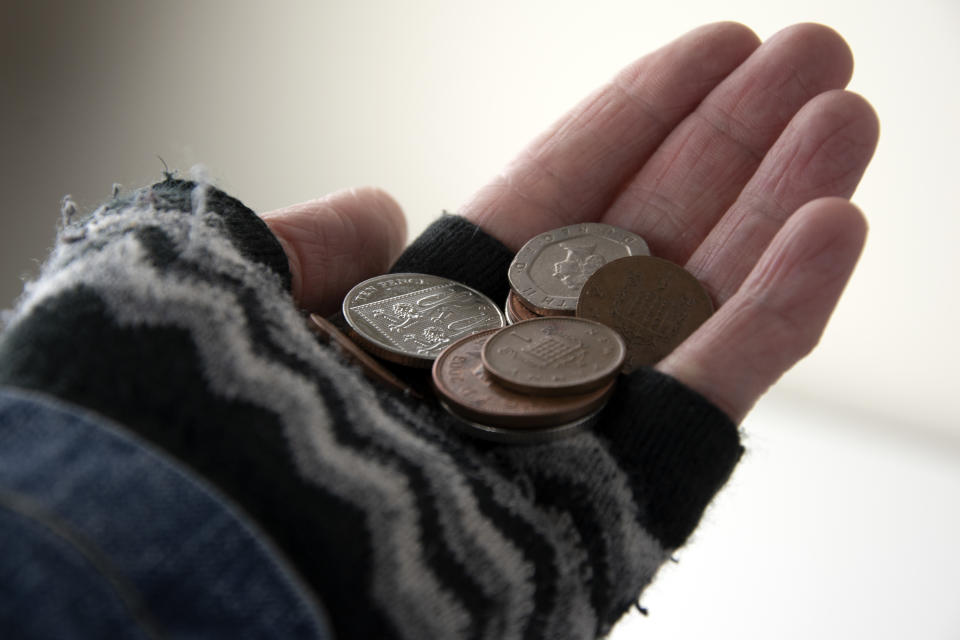Coronavirus: One in five Brits have no emergency savings

One in five UK adults have no immediately accessible savings, a new report from online financial advice service OpenMoney in conjunction with YouGov has found.
The lack of emergency savings means people would be unable to pay for essentials like mortgage and rent payments, utility bills and food in the case that they had no income coming in.
Millions of UK households were already struggling with money even before the outbreak of COVID-19. They are now at risk of financial crisis as a second wave threatens, along with rising unemployment and the replacement of the government’s job retention furlough scheme with the less generous Job Support Scheme.
Those in the North East of England are least likely to have cash to fall back on, with one in four people (25%) having no immediately accessible savings, the report found.
The North East is also home to the highest unemployment rate, with unemployment standing at 6.6%, compared to a rate of 4.5% across the UK, according to the latest figures from the Office for National Statistics (ONS).
READ MORE: Top tips: Seven ways to save money while getting ready for Christmas
Residents of Yorkshire & Humber are least likely to have enough saved money to cover important payments, such as mortgage and rent, utility bills and food, for more than three months if they had no income coming in. Just a quarter (26%) would be able to afford essential payments if they lost their income compared to over a third (36%) across the UK as a whole.
Brits aged 35-44 are most likely to have no emergency savings, with almost one in three (29%) not having any cash buffer to protect them.
Young people aged 18-24 are least likely to have enough cash savings to pay for their essential outgoings for more than three months if they had no income coming in, with just a fifth (20%) able to fund crucial bills for that long.
The greatest increase in unemployment was also among the 18-24 age group, according to the most recent ONS statistics.
READ MORE: Almost 3 million UK households face energy bill debt over winter months
Here are some tips on what to do if you’re struggling financially due to COVID-19 from the experts at OpenMoney:
Act as soon as possible
Anthony Morrow, co-founder of OpenMoney, advises anyone who is struggling to pay essential bills to “speak to your mortgage provider, landlord or utility supplier as soon as possible to discuss delaying or reducing payments.
“New rules covering debt repayments mean lenders must do more to support customers in financial difficulty, including suspending or waiving further interest or charges to stop debts spiralling out of control.”
Review your finances
“For people currently in work, now is a good time to review your finances to make sure you are not spending more than you need to,” says Morrow.
“The economic uncertainty created by COVID-19 makes it more important than ever to ensure that you have a cash buffer to cover unexpected emergencies or a period without income.”
Get advice
The experts at OpenMoney recommend contacting the government-backed Money Advice Service for guidance.
WATCH: What is the new job support scheme?

 Yahoo Sport
Yahoo Sport 





































